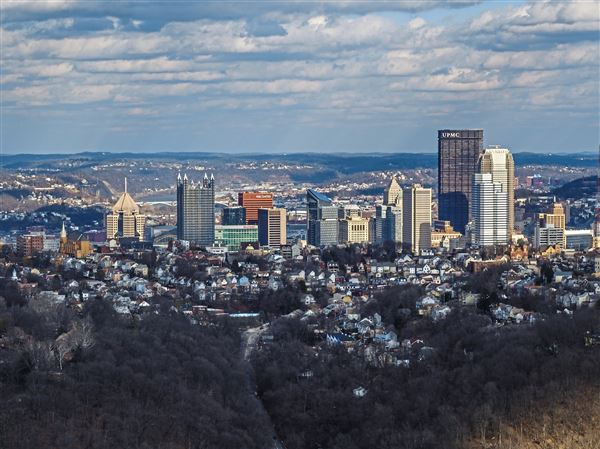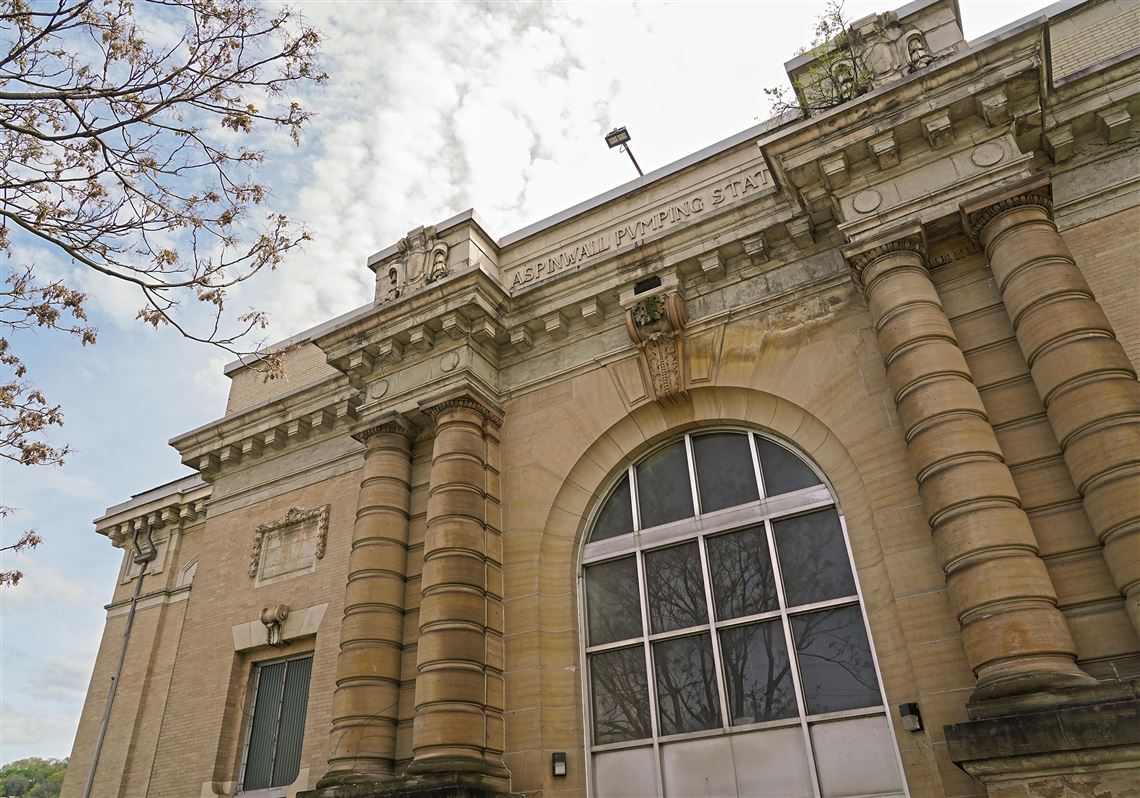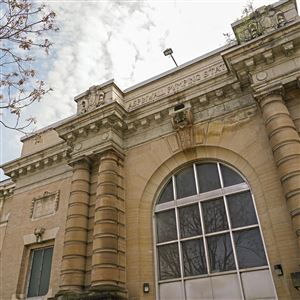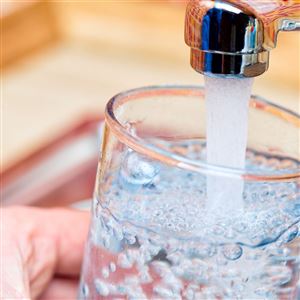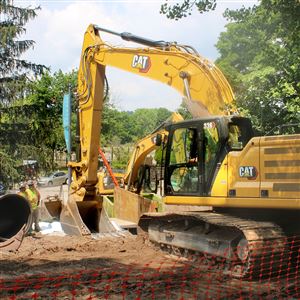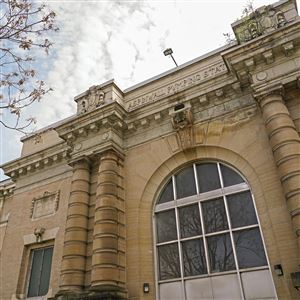As the Pennsylvania Utility Commission considers a rate increase proposed by the Pittsburgh Water and Sewer Authority, local officials are discussing what it would mean for customers.
PWSA first filed a request for the rate increase in May, outlining a hike of nearly 60% over the next three years.
The authority serves about 116,000 customers in the Pittsburgh region. Rate changes can take up to a year to be approved, and residents can expect to see drastic changes in their bills if the PUC accepts the proposal.
In 2024, rates would increase by about 20%, jumping from an average of $86.43 to $103.41. The following year, bills would increase by another 20% to about $123.55, and in 2026, bills could reach about $146.12.
Actual bills that customers receive could be even higher, because PWSA bills also include payment for the Allegheny County Sanitary Authority services. The average ALCOSAN bill is currently $38.52.
It’s unlikely that the PUC, a state regulator, will approve the full 60% increase, according to Will Pickering, CEO of the PWSA. The commission typically approves a smaller increase than what was requested by the local utility company. The most recent rate increase, which initially went into effect in January 2022, was about 33% lower than what PWSA requested.
The PUC is expected to make a decision on the latest proposed increase by next February.
City Councilwoman Erika Strassburger, who is also on the PWSA board, said the board has had “some tough conversations” about the rate increases.
“The average customer, the average family is getting squeezed everywhere,” she said during a Council discussion Thursday. “It is incredibly difficult to be a customer of any kind of service these days. ... It’s true that customers are feeling the pinch.”
But the authority is “making changes and upgrades that are 50 years overdue in some cases,” she said.
Officials say the need for more rate increases is so that PWSA can continue its ongoing infrastructure projects.
“We have a vast amount of infrastructure, which, safe to say, is old or very old,” Mr. Pickering said Thursday. “We’re dealing with 100-year-old assets in which there’s a lot of work that we need to catch up on.”
Over the next five years, PWSA estimates that six capital improvement projects will cost about $1.2 billion. One of the major projects is lead line replacement, which will cost about $136 million through 2027.
“I know that these rate increases are painful,” Councilwoman Deb Gross said, but she didn’t want to overlook “how tremendously” PWSA has improved the city’s water system.
In recent lead level tests, the authority saw the lowest level of lead it had seen “in the last few decades,” Mr. Pickering said.
Some of the other main drivers that necessitate the rate increase are inflation and PWSA’s need to continue paying its debt service, according to Ed Barca, the finance director for the authority.
“All businesses are experiencing inflation to some degree, and it’s not different at the authority,” Mr. Barca said.
Many projects the authority has completed were funded by municipal bonds. Regardless of what rate increase is approved, the PUC is required to make sure that PWSA can pay back its debts.
The authority has historically explored other options to fund capital projects. Since 2018, PWSA has received more than $679 million in outside funding, including $17 million from Pittsburgh’s federal pandemic relief money.
Despite this outside help, Ms. Strassburger said more could be done at the federal and state level so that customers don’t have to pay more.
“My takeaway is that it’s one of the many examples where cities and municipal authorities are left holding the bags when we don’t have the state and federal support that we need,” she said. “If we as a country are going to prioritize things like clean water for every resident… the federal government does need to step up even more and help us so that it’s not left to the city, but more importantly so that customers don't bear the brunt of that.”
In an effort to alleviate some of the burden customers’ are being saddled with, PWSA has developed multiple assistance programs that offer discounts based on household income and payment plans to forgive past debts.
“We recognize we’ve asked a lot of our customers recently [more so] than in years past,” Mr. Pickering said.
As part of the request to increase rates, PWSA has also offered a one-time credit of $40 for residential property owners with rain barrels. The authority has also requested that it be allowed to increase the assistance threshold for eligible customers from 150% of the federal poverty level to 200%. That would mean customers who make up to 200% of the federal poverty level would qualify for various discount programs.
Hallie Lauer: hlauer@post-gazette.com
First Published: August 31, 2023, 6:46 p.m.
Updated: August 31, 2023, 11:44 p.m.
